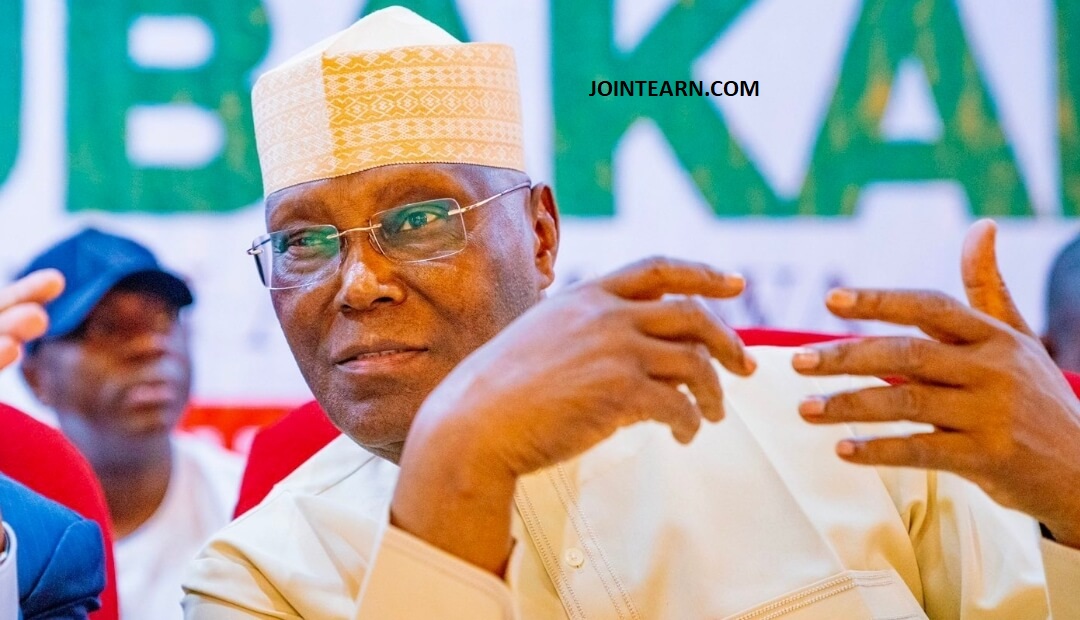In a landmark ruling that could reshape data privacy enforcement across Africa, a Nigerian tribunal has ordered Meta Platforms Inc., the parent company of Facebook, Instagram, and WhatsApp, to pay $220 million in fines and to immediately restore the data rights of Nigerian users.
The verdict, delivered by the Federal Competition and Consumer Protection Tribunal (FCCPT) in Abuja on Friday, follows months of legal battles initiated by Nigerian rights groups and digital privacy advocates who accused Meta of violating the nation’s data protection laws.
According to the tribunal, Meta was found guilty of mishandling users’ personal information, failing to obtain proper consent for data use, and not providing adequate mechanisms for users to control their own data. The panel of judges emphasized that Meta’s actions were not only unlawful but also damaging to millions of Nigerian citizens who rely heavily on digital platforms for communication, business, and education.
Justice Amina Ogala, who presided over the tribunal, stated during the ruling that “the exploitation of user data without transparent consent processes constitutes a grave breach of fundamental rights under Nigerian law. Meta must not only compensate for the violation but also urgently reconfigure its operations to comply with local standards.”
The tribunal ordered Meta to pay the $220 million fine into a special government account within 30 days. Furthermore, the company was instructed to initiate comprehensive reforms, including clearer privacy policies, easier-to-use data control settings for Nigerian users, and greater transparency on how user information is collected, stored, and shared.
In addition, the tribunal directed the Nigerian Data Protection Commission (NDPC) to oversee the enforcement of the judgment, monitor Meta’s compliance, and issue quarterly public reports on the company’s progress.
The case against Meta was originally filed by the Digital Rights Lawyers Initiative (DRLI) and other advocacy groups who accused the tech giant of “systematic abuse of personal data.” They highlighted instances where user data was allegedly harvested for targeted advertising and political campaigns without users’ informed consent.
Reacting to the tribunal’s decision, DRLI president, Barrister Sesan Akinrinade, hailed the ruling as a “historic victory” for Nigerian consumers and a bold signal to global tech companies operating in the country.
“For too long, Nigerian users have been treated as second-class citizens when it comes to digital rights,” Akinrinade said. “Today’s judgment proves that the era of unchecked data exploitation is coming to an end. We hope this will be a wake-up call not only to Meta but to other tech giants as well.”
Meanwhile, Meta has expressed disappointment with the tribunal’s decision. In a brief statement issued late Friday, the company said it was reviewing the judgment and considering all available options, including a possible appeal.
“We are committed to protecting the privacy of our users and complying with all applicable laws,” the statement read. “We will continue to engage constructively with Nigerian regulators to resolve these issues.”
The $220 million fine is one of the largest financial penalties ever imposed on a tech company in Africa and is likely to have far-reaching consequences for the regulation of international digital platforms on the continent.
Digital economy experts have lauded the tribunal’s bold stance, describing it as a critical step towards establishing Nigeria—and by extension, Africa—as a serious player in global discussions about data privacy and consumer rights.
Dr. Omoniyi Fagbemi, a lecturer in Information Technology Law at the University of Lagos, noted that the ruling could encourage more African nations to tighten their data protection frameworks.
“Nigeria is sending a clear message: tech companies must respect our laws and the rights of our citizens, or face serious consequences,” Fagbemi said. “It sets a precedent that could embolden regulatory bodies across Africa to demand greater accountability from multinational digital corporations.”
The judgment comes at a time when data privacy concerns are increasingly dominating conversations around technology, governance, and human rights in Nigeria. In recent years, cases of data breaches, identity theft, and unauthorized use of personal information have surged, prompting calls for stronger protections.
Nigeria’s Data Protection Act, which came into effect in 2023, provides for stricter rules around the collection and processing of personal data. It also grants individuals the right to access, correct, and delete their data, as well as to be informed about how their data is used—a legal foundation that underpinned the tribunal’s ruling against Meta.
As the deadline for Meta’s compliance looms, all eyes will be on how the social media giant responds. Advocacy groups have promised to continue monitoring the situation closely and to push for swift action to ensure Nigerian users finally enjoy the full extent of their digital rights.
For now, Friday’s verdict marks a powerful assertion of Nigeria’s regulatory independence in the digital space, a move many hope will spark a broader transformation in how multinational tech companies operate across Africa.












